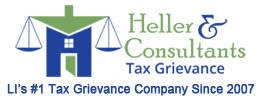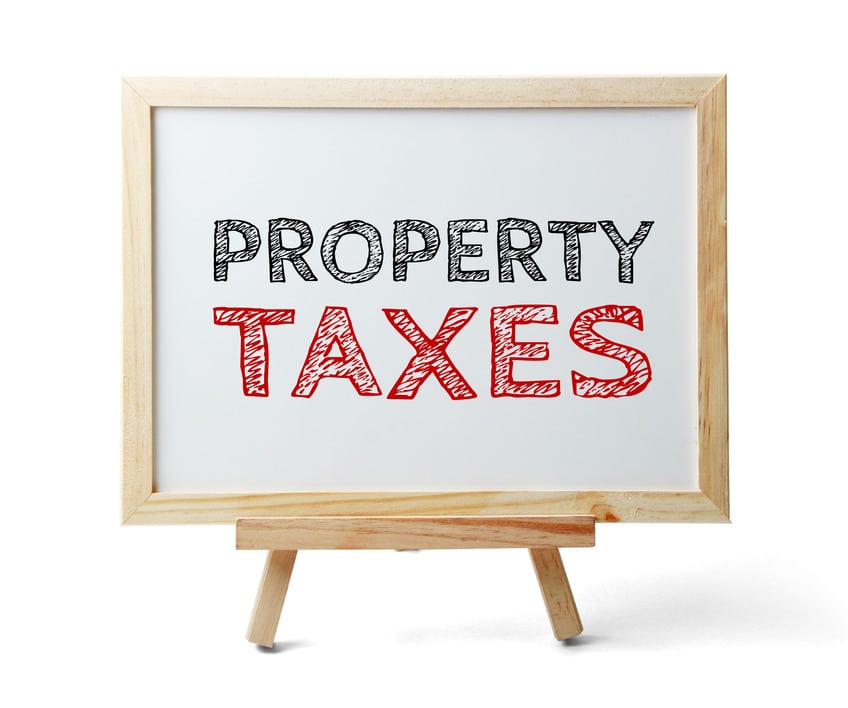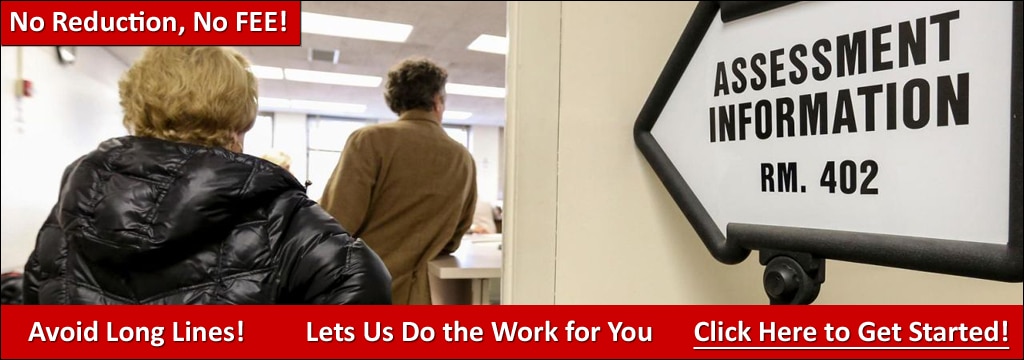When it comes to commercial property taxes (CPTs), they are not only about due dates. In fact, there are many businesses that view these taxes as a fixed cost. On a yearly basis you get a bill, you pay it and then you move on. If you wish, this is very much like a truly fixed cost, such as your building’s mortgage or your employee’s salary.
The truth though is that things can be different!
In fact, your CPTs are a variable cost of business. If you want, then you can view them like your water bill: it’s never the same.
The good news is that you can actually challenge and eventually negotiate your CPTs. To make things even better for you, you should know that the law is also on your side with this.
Bear in mind that CPTs are some of the largest costs of occupying commercial real estate, so anyone (if they could) would want to lower them if possible. By lowering these taxes, you’ll get to save quite a bit of money at the end of the year.
While the process of doing so is time-consuming and may require a bit of work, in the end, you’ll be rewarded for your effort. Once you get the money you saved in your bank account, you’re free to use it to pay for operating costs or invest it into your business.
Paying CPTs needs to be regarded as a business decision and not an item that just has to be added to the accounts payable list.
Below we’ll take a closer look at the top 5 tips you can use to reduce your CPTs for both personal property and real estate.
1.Learn more about how much you pay in property taxes per annum:
If you have a corporate portfolio that you’re responsible for (with many properties), then it’s understandable that you may not know exactly how much they’re paying in CPTs per annum. No matter how much they may be paying, it’s important that you pay close attention to the cost and find ways to reduce it by using property tax appeals.
For example, if you have to pay 100 thousand dollars per annum in property taxes, then maybe you can save money through information negotiation instead of considering an appeals process. On the other hand, if you’re paying 1 million dollars a year, then this can be a whole different story.
2. Avoid extra fees by paying on time:
Property taxes can also be paid in installments in both Nassau & Suffolk Counties as well as most of New York State. While this is great, there is also an extra cost applied to staggering property tax payments in the instances when you pay your tax bills late, penalties can accrue quickly.
3. Make the most of the appeals process:
When it comes to NYS CPT appeals, each taxing jurisdiction has its own requirements for it. Generally speaking commercial property tax appeals, or Certiortari, do take 2-3 years. Good news is that in most cases your municipality will be responsible for refunding your overpayments back to the first year of filing.
4.Speak to your local assessor:
Get to know your local property tax assessor and be sure to attend any meetings prepared. Learn as much as you can about the property, the way other properties in the same jurisdiction are assessed, the value of your properties, their square footage, value, type, but also the date of acquisition and purchase price.
5. Do your homework:
Be prepared to back up your claim that your commercial building is overassessed. This should include a recent commercial appraisal, income & expense reports and any external factors which reduce the value of your building.
To have a very productive talk with your assessor, you should also know more about:
- The right capitalization rate for your property type, occupancy, and location.
- The amount of money required to operate your building per annum in both variable and fixed costs.
- Average rental cost in the property’s jurisdiction.
- The amount of money similar properties was sold for in the same jurisdiction.
If you want, then you should hire an expert or consultant so they can properly evaluate your property’s status. Professional property tax consultants have the experience, but also the time to help you get the best tax returns on your investments. Most tax grievance firms charge 25%-35% of your savings and no money at all unless they reduce your commercial properties tax bill.



